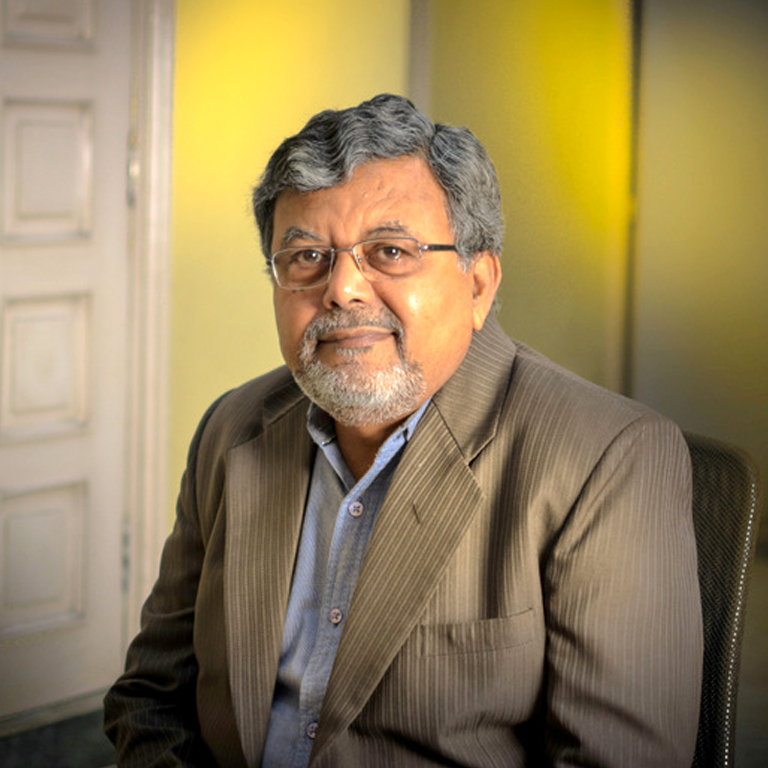
Prof. Kunal Ray, PhD, FNASc, FASc&T
Dr. Kunal Ray earned his Ph.D. in Biochemistry from Bose Institute, Calcutta, India, in 1981. Subsequently, he pursued post-doctoral studies at the University of Pennsylvania, USA, and served as faculty from 1982 to 1993. Later, he moved to Cornell University, Ithaca, New York, where he remained until 1998. Following this, he joined the Indian Institute of Chemical Biology (IICB) in Kolkata, India, where he held the position of Chief Scientist until 2012.
Biography
Dr. Kunal Ray earned his Ph.D. in Biochemistry from Bose Institute, Calcutta, India, in 1981. Subsequently, he pursued post-doctoral studies at the University of Pennsylvania, USA, and served as faculty from 1982 to 1993. Later, he moved to Cornell University, Ithaca, New York, where he remained until 1998. Following this, he joined the Indian Institute of Chemical Biology (IICB) in Kolkata, India, where he held the position of Chief Scientist until 2012.
Upon superannuation from IICB, Dr. Ray played a pivotal role in establishing the Academy of Scientific and Innovative Research, an Institute of national importance, from 2013 to 2017. Initially serving as Associate Director, he later took on the role of Acting Director, overseeing the enrollment of approximately 4,500 Ph.D. students across India. Subsequently, he assumed the position of Professor of Genetics at the Ramakrishna Mission Vivekananda Research and Educational Institute, Narendrapur, West Bengal, India.
Throughout his distinguished career, Dr. Ray cultivated expertise in Biochemistry, Molecular Biology, and Genetics. His research at the University of Pennsylvania focused on the molecular basis of cataracts and hypophosphatasia, a human disorder related to bone mineralization. During his tenure at Cornell University, he engaged in research on canine models of retinitis pigmentosa, the canine Genome Project, and played a founding role in a diagnostic company.
Upon returning to India in 1998, Dr. Ray assumed leadership of the Human Genetics division at IICB, where he directed research into Ocular (e.g., glaucoma, oculocutaneous albinism) and Neurological diseases (e.g., Wilson disease and Parkinson’s disease). His research emphasis included molecular genetics approaches to characterize diseases and establish genotype-to-phenotype correlations. Notably, his team created the Indian Genetic Disease Database, an open-source repository cataloging reported mutations and associated phenotypes in major hereditary diseases among Indian patients.
A prominent figure in the pan-Indian effort to identify medically relevant variations in 1,000 critical genes across all Indian populations, Dr. Ray has authored over 200 papers, accumulating an impressive citation count of 9,464, an h-index of 49, and an i10 index of 176, according to Google Scholar. Under his guidance, twenty graduate students have completed their Ph.D. studies. In recognition of his significant contributions to Human Genetics, he was honored with the Dr. L. V. Sanghvi Oration Award by the Indian Society of Human Genetics. Dr. Ray is also a Fellow of the National Academy of Sciences India and the West Bengal Academy of Science & Technology.
